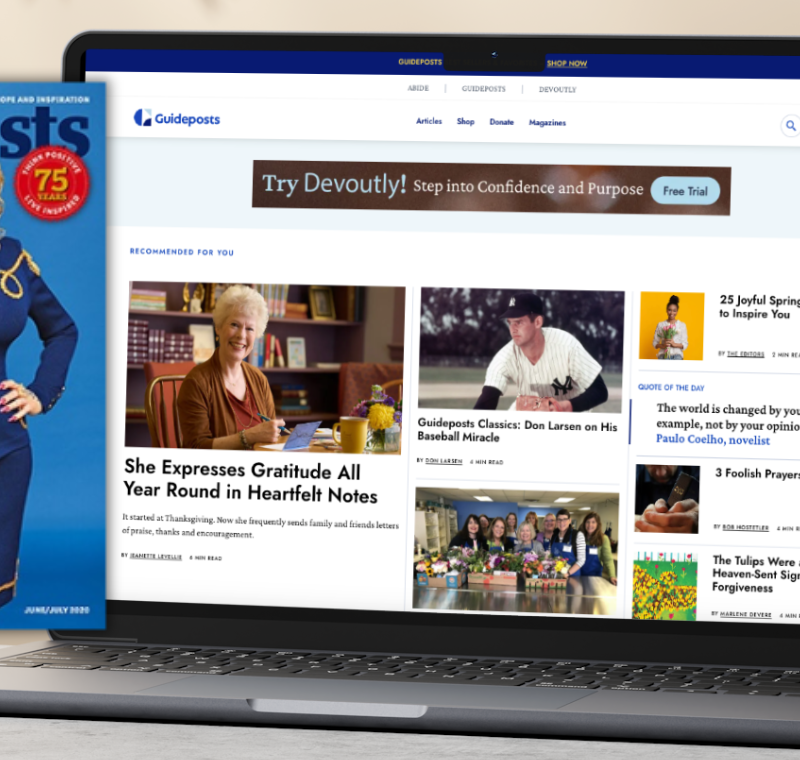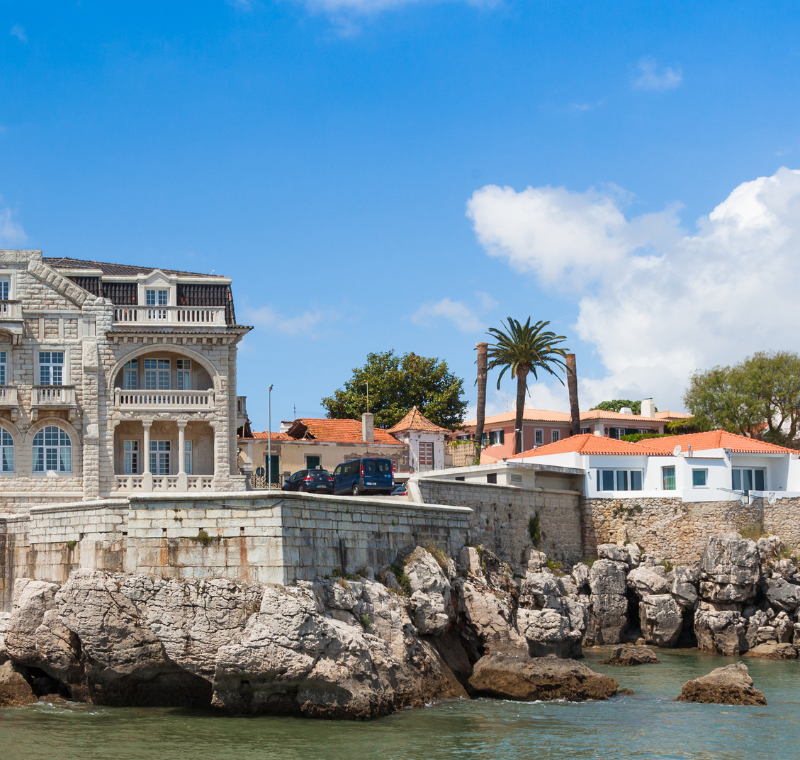How this news weekly navigates severe market and political disruption

Piotr will speak at the 41st FIPP World Congress about how Polityka transformed itself during a time of political upheaval. The Congress takes place on 9-11 October in London. You can book your tickets here.
Here he shares some initial insights with FIPP.
Your talk at the 41st FIPP Congress will centre on transformation at Polityka during difficult times. First, there is the digital disruption everyone is feeling but your publication faced additional challenges since the Law and Justice party (PiS) came into power in 2015. Tell us more.
We live in a very turbulent business and political environment. Not only are we facing challenges typical for any media outlet whose business is based mainly in print but at the same time we have to be very aware of the threats to press freedom coming from the ruling party. Polityka has always devoted quite a lot of its content to political analysis and commentary. And has always been viewed by its readers as a centre or centre-left periodical.
The Law and Justice party came to power in late 2015. Their first target was the free and independent media. Public radio and television was put under the direct control of the government and transformed into propaganda mouthpieces – 300 journalists and commentators associated with the public media were dismissed or ‘had to leave’. The private opposition media were immediately deprived of all advertising contracts from large state-owned companies.
 |
This also impacted Polityka. Any kind of advertising whether for paper or digital editions of Polityka and its website has been stopped. There is a growing number of court suits from the Ministries we are writing about. Those suits quite often come with very high financial claims that obviously can be very detrimental to our budgets. Last year, the Ministry of Justice, which fell into the hands of the PiS administration, cancelled the existing subscriptions to Polityka and other opposition papers and news magazines and produced a new list of titles that could be subscribed to.
Unsurprisingly, this list only featured those sympathising with the current government.
We are also facing some disturbances within the distribution system. There were cases where Polityka was withdrawn or simply not shown at all to the customers.
Polityka has built over many years a reputation for critical journalism. What is the sentiment within your team to uphold this legacy and what are the dangers you are faced with to continue to do so in this environment?
The publisher and journalists of Polityka share the same values and virtues. We strongly believe in a liberal democracy, a united Europe, human rights and the rule of law. These are the foundations of our legacy. Unfortunately, the Law and Justice party puts in question those values almost every day. We are not going to give up. We are going to be critical and look at the hands of today’s rulers of Poland. We owe this to our readers, users and fellow citizens.
Polityka alongside a few other titles, among them Gazeta Wyborcza, Newsweek, which is published in Poland by Ringier Axel Springer, belong to those media that are critical towards the PiS government. The government does not take our criticism and opposing views lightly.
Looking to the immediate future we see some continued challenges on the horizon. The main one is uncertainty about the future of the Polish media landscape.
Since they came into power, the PiS has been talking about the repolarisation and deconcentration of the media in Poland. This autumn we will probably learn what those terms mean exactly. As we know from some other countries with limited democracy and a growing dictatorship, it is not hard at all to destroy the newspapers, magazines, radio stations or TV channels – even websites – that disagree with their (the governing party’s) views.
With their administrative reach, new laws regulating the stake of the foreign shareholding in media companies, extraordinary high taxes – every possible method can be used to punish the media and stop the free press from doing its job.
The second move which might be coming after the above are changes to the press law, which may result in further limitations of the freedom of the press.

What have you been doing from a strategic point of view to position Polityka as a healthy multi-platform publication in Poland given the complications experienced in both the media industry as well as the political environment?
One word describes quite well what our legacy was and is, ‘independence’. We always knew – almost 25 years ago when Polityka changed its format from broadsheet to magazine format, and now know, when we are facing all sorts of challenges that without financial independence there will be no journalistic independence. We try to keep both of them in a healthy condition.
With the shrinking advertising market, changing readers and user behaviour resulting in the circulation losses and new generations focused on other ways of accessing news and content, we have had to rethink our business models. We try to keep pace with the changes and challenges we are facing. We do not invest in anything that could harm our financial stability or is too risky.
We looked at the market in Poland and abroad and tried to adapt the best strategies while simultaneously using our biggest strength, which is the special relationship that we have built over the years with our readers and users.
Focusing on our readers’ needs and interests we started a range of projects in both print and digital that could expand our brand. We launched special editions of Polityka, which at the beginning were just supplements to the main brand. The main special editions are published on a regular basis as quarterly or bi-monthly editions, focused on history (Pomocnik Histioryczny), psychology (Poradnik Psychologiczny Ja My Oni) or ideas and trends (Niezbędnik Inteligenta). We publish books and book collections.
In order to maintain our income stream, we decided about three years ago to start attaching different add-ons to Polityka. They are mainly quality and award-winning movies by renowned art directors, but also some documentaries or books. We make sure in the first place that they are interesting to our readers and audience.
In order to try to reach the young audience we have launched an app called Fiszki Polityki. A few years ago we started Polityka Insight – a centre for policy analysis, an Internet-based bilingual service for managers, diplomats, public officials and lawyers. Polityka Insight has already made its name as a prime source for political and economic analysis in Poland.
Haven spoken about the shrinking advertising market, changing reader profiles and user behaviour, has the political upheaval also impacted your circulation and online traffic?
Our circulation and online traffic has remained very stable in the last two years. There have been neither dramatic drops nor increases in either of these crucial measurements. Although, in July, when there were lots of protesters on the streets in Polish towns we noted quite a substantial uptick in traffic on our website. In fact, one Sunday when there was a peak in demonstrations against a PiS demolition of judiciary our servers were down for a few hours because of the huge demand.
Is there one overarching take-away you will share at the FIPP World Congress of how to deal with change, whether political or other?
Keep your eyes wide open. You never know what’s around the corner. But above all be very flexible. Keep calm and react in a very responsible way. Stick to your values and virtues.
More like this
[Congress speaker Q&A] Still plenty of opportunity in digital advertising – Flipboard exec
[Congress speaker Q&A] How Ebner Media targets special interest audiences with effective advertising
[Congress speaker Q&A] How a Canadian publisher turned ‘the traditional ad model on its head’
[Congress speaker Q&A] License to thrill
[Congress speaker Q&A] How video and social are perfect partner for news
[Congress speaker Q&A] Christian Kallenberg on ‘touch and feel’ in a world of ‘swipe and scroll’








